List some slogans used historically by urban naxals
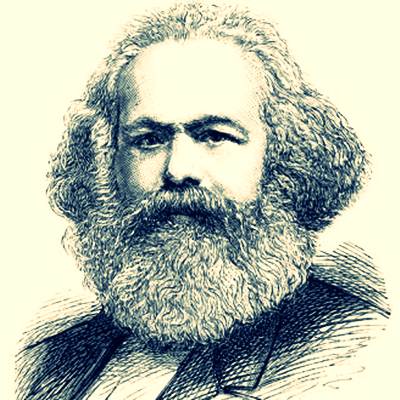
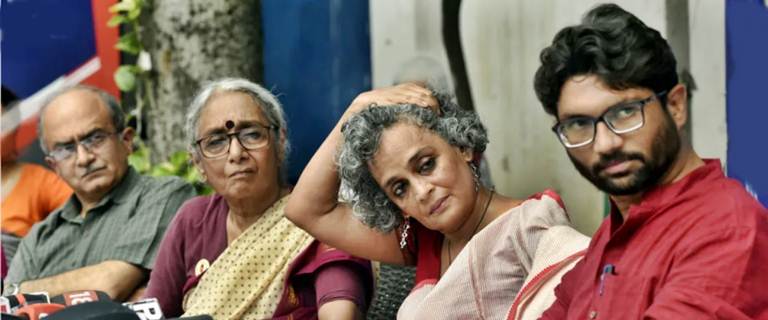
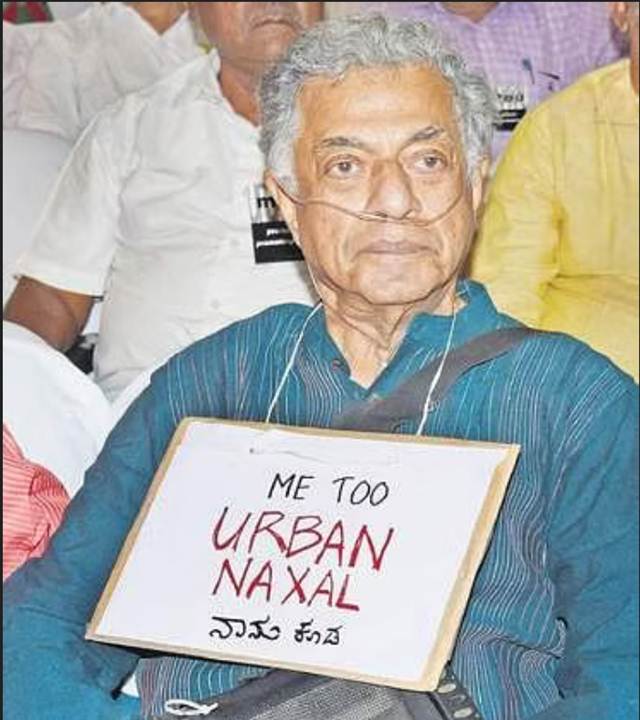
"If speaking up means being a Naxal then I am an Urban Naxal. I am proud to be a part of the hit list." -Citizen Girish Karnad

"Terms like Urban Naxal are invented in order to stifle any criticism of the Government." -Citizens on streets

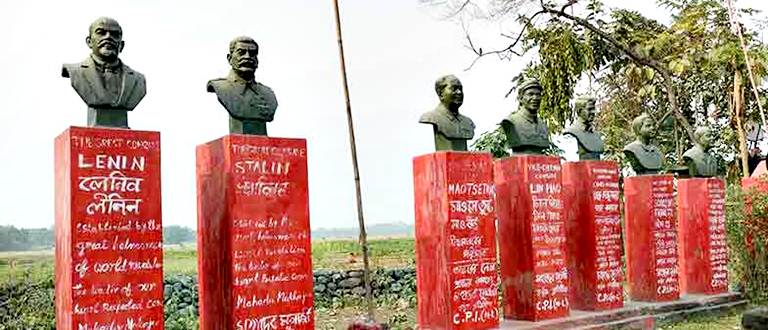
Naxalism and Maoism are two different ideologies and movements, although they share some similarities. Therefore, the two terms (Naxalites and Maoists) should not be used interchangeably as they are not same and their ideologies have different roots.
According to a source from DNA India, Naxalism originated in the late 1960s in the Naxalbari region of West Bengal, and is characterized by its focus on land reform and the empowerment of peasants and tribal communities. Naxalites aim to establish a Communist society through armed revolution and guerrilla warfare. On the other hand, Maoism is an ideology developed by Mao Zedong in China, which emphasizes the importance of peasants and rural areas in revolutionary movements. Maoism focuses on the need for a protracted people's war and a strong Communist Party to achieve revolution.
The main difference between Naxalism and Maoism is their origin and context. While Naxalism emerged in India as a response to social and economic inequality, Maoism originated in China as a political ideology. Additionally, Naxalism is primarily focused on local issues of land reform and tribal rights, while Maoism has a more global and theoretical perspective on revolution and Communist ideology.
Both movements share, in varying degree, a commitment to armed struggle, guerrilla warfare, and the establishment of a Communist society. However, Naxalites take part in elections and some of them are registered parties with the Election Commission of India, while Maoists do not support elections at all. Additionally, Naxalites may have an armed wing, but the existence of Maoists depends on their armed militia. These differences reflect the divergent approaches and strategies of the two movements.
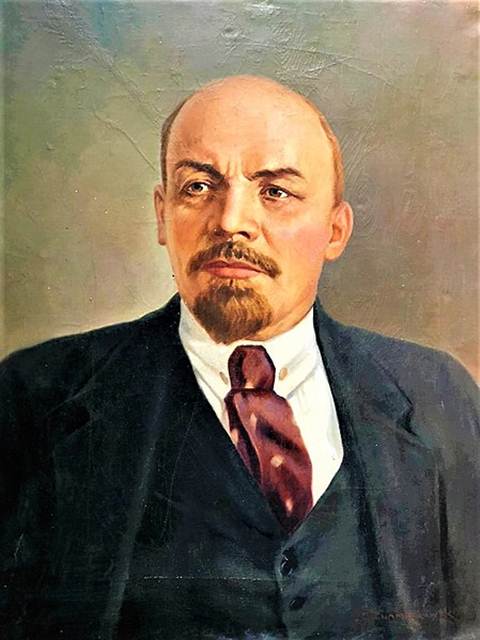
According to the article on the Library of Congress website, Lenin had very negative views on the bourgeois intelligentsia. Lenin believed that the bourgeois intelligentsia were a product of the capitalist system and were therefore incapable of leading a revolutionary movement. Lenin also criticized the bourgeois intelligentsia for their lack of practical experience and their tendency towards idealism and abstraction.
Lenin famously described them as "not brains but shit" and criticized them for being lackeys of capital who considered themselves the brains of the nation. Lenin believed that the intellectual forces of the workers and peasants were the key to revolution, and that the bourgeois intelligentsia were incapable of leading a revolutionary movement due to their ties to the ruling class. Lenin saw the role of the intelligentsia as being to support the workers in their struggle against capitalism, rather than leading the revolution themselves.
Lenin's views on the bourgeois intelligentsia were influenced by his belief in the importance of class struggle and his commitment to Marxist theory.
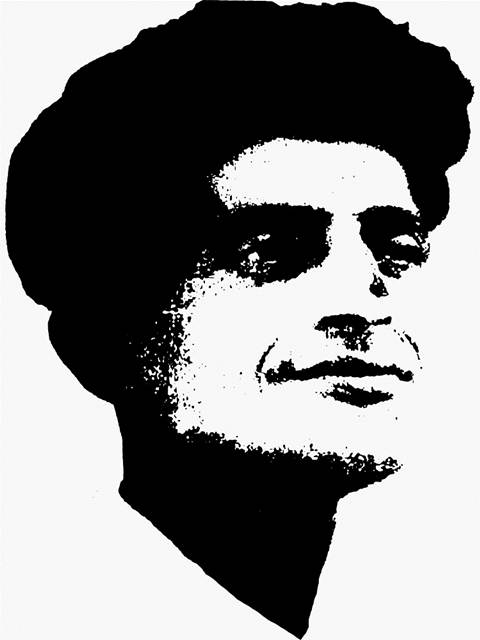
Charu Mazumdar was a prominent Indian communist revolutionary, who from an article in the countercurrent website was one of the key architects of the Naxalbari uprising in 1967. He believed in the annihilation of class enemies as a means to bring about a socialist revolution in India. The then Naxalbari ideology (variously called "left adventurism" or "terrorist path") called for the overthrow of the Indian government and the establishment of a communist state through armed struggle.
Mazumdar believed that the Indian government was controlled by the ruling classes, who were oppressing the poor and marginalized sections of society. He called for a violent revolution led by peasants and workers to overthrow the government and establish a socialist state. He believed that the annihilation of class enemies, including landlords, capitalists, and politicians, was necessary to achieve this goal.
The Naxalbari uprising was a violent peasant uprising that took place in the Naxalbari area of West Bengal in 1967. The movement spread rapidly to other parts of India and led to the formation of several communist guerrilla groups, which are collectively known as Naxalites.
Although the Naxalbari movement was initially successful in gaining support from the poor and marginalized sections of society, it eventually lost momentum due to government repression and internal ideological differences. Nevertheless, the ideology of annihilation of class enemies continues to be a controversial and divisive issue in Indian politics.
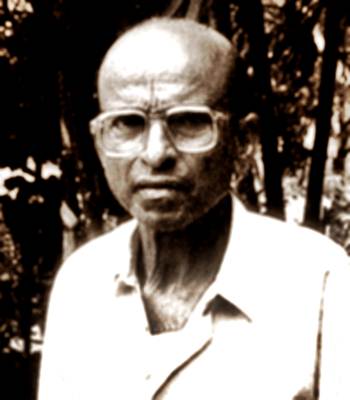
Kanu Sanyal was a prominent Indian communist revolutionary who was one of the key leaders of the Naxalbari uprising in 1967. While he was initially supportive of Charu Mazumdar's ideology of annihilation of class enemies, he later became critical of it.
Sanyal believed that the annihilation of class enemies was not a viable strategy for achieving a socialist revolution in India. He argued that such a strategy would lead to the alienation of potential allies and the isolation of the revolutionary movement. He also believed that the use of violence would only lead to more violence and that it was not a sustainable means of achieving social change.
Instead, Sanyal advocated for a strategy of mass mobilization and political education. He believed that the revolutionary movement should focus on organizing and educating the masses, building alliances with other progressive forces, and working towards creating a broad-based popular movement for social change.
Sanyal's criticism of the ideology of annihilation of class enemies was significant because it represented a shift in the Naxalite movement from a strategy of armed struggle towards a strategy of mass mobilization and political education. While the Naxalite movement continues to be a controversial and divisive issue in Indian politics, Sanyal's legacy as a proponent of mass mobilization and political education has had a lasting impact on left-wing politics in India.
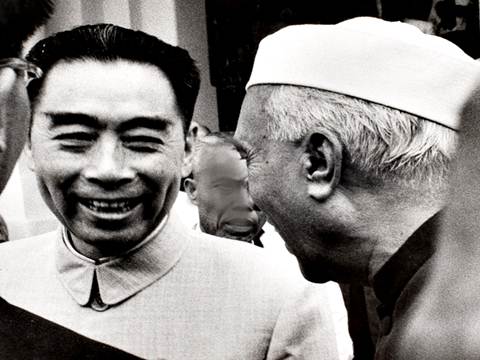
According to an article in India Today, journalist Souren Bose had written about his conversation with Zhou Enlai in 1956, where Zhou Enlai had made some critical remarks about Jawaharlal Nehru reflecting Chou En-lai's frustration with Nehru and his policies during that period.
According to Bose, Chou En-lai had referred to Nehru as an "extremely foppish person" and criticized his leadership of newly-independent and non-aligned India as "just humbug." Chou En-lai had also expressed his concerns about India's foreign policy and alignment with the United States.
Additionally, Zhou Enlai had mocked Nehru's attempt to introduce Indonesian President Suharto to him, and he had later laughed with Suharto about the incident after Nehru had left.
Zhou Enlai also laughed off the transparent attempts by Nehru's PR team to dress up landlords as peasants when they visited the Bhakra Nangal canal.
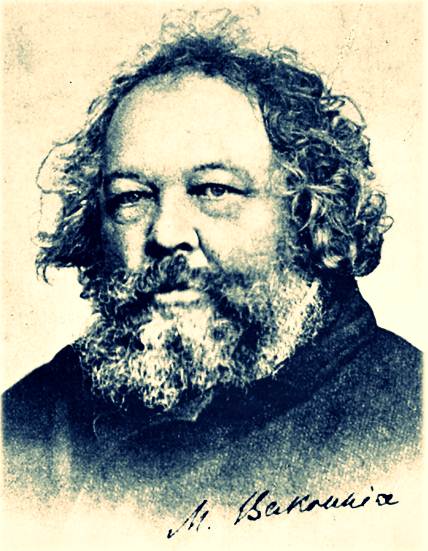
According to the article on Cairn International, Bakunin anarchism is an ideology that emphasizes the importance of individual freedom and the abolition of the state and capitalism.
During the Marx-Bakunin Conflict in the First International, Bakunin advocated for a decentralized, anti-authoritarian form of socialism that would be achieved through direct action and revolution. Bakunin criticized Marx's emphasis on the centralized state and argued that it would lead to a new form of oppression. Bakunin also believed in the importance of the masses and the need for a decentralized, self-governing society.
From an article on Platypus1917, Bakunin was a prominent advocate of anarchism and a fierce critic of Marxism. Bakunin rejected the concept of the centralized state and believed in the importance of individual freedom and autonomy. He advocated for a decentralized, anti-authoritarian form of socialism that would be achieved through direct action and revolution.
The conflict between Marx and Bakunin ultimately led to the split of the First International, with Marx's followers forming the Second International and Bakunin's followers continuing to advocate for anarchism. The Bakunin anarchism ideology continues to inspire anarchist movements and critiques of state power and capitalism to this day. Marxists despise Bakunin for several reasons.
Firstly, Marxists view Bakunin's anarchism as a utopian and unrealistic form of socialism that ignores the necessity of a centralized state to achieve revolutionary change.
Secondly, Marxists criticize Bakunin's focus on individual freedom and autonomy as being incompatible with the collective goals of a socialist revolution.
Finally, Marxists accuse Bakunin of being too focused on revolutionary violence and the destruction of existing institutions rather than the creation of a new socialist society.
Despite these criticisms, Bakunin's ideas continue to influence anarchist and anti-authoritarian movements around the world.
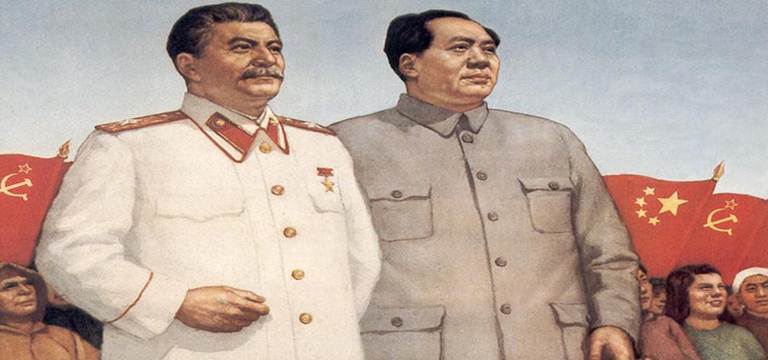
Stalin played a significant role in the development of Mao Zedong's China. According to the article on Workers' Liberty, Stalin provided significant support to the Communist Party of China during the Chinese Civil War, including military aid and strategic advice. Stalin also played a key role in the establishment of the People's Republic of China, recognizing the new government and establishing diplomatic relations with Mao's regime.
However, Stalin's influence on Mao's China was not entirely positive. Stalin's emphasis on heavy industry and collectivization had a significant impact on China's economic development, leading Mao to adopt similar policies in China. This resulted in significant hardship for the Chinese people, including famine and economic stagnation.
Stalin's influence on Mao's political ideology was also significant. Stalin's theory of "socialism in one country" influenced Mao's belief in the need for self-reliance and the development of a unique form of socialism in China. However, Stalin's emphasis on the dictatorship of the proletariat and the need for centralized control also influenced Mao's authoritarian tendencies and his belief in the importance of the Communist Party's control over society.
Overall, Stalin's role in making Mao's China was complex, with both positive and negative impacts on China's development. While Stalin's support was critical in the Communist victory in China, his influence also contributed to the authoritarianism and economic hardship that characterized Mao's regime.